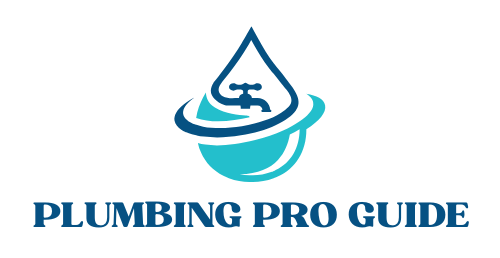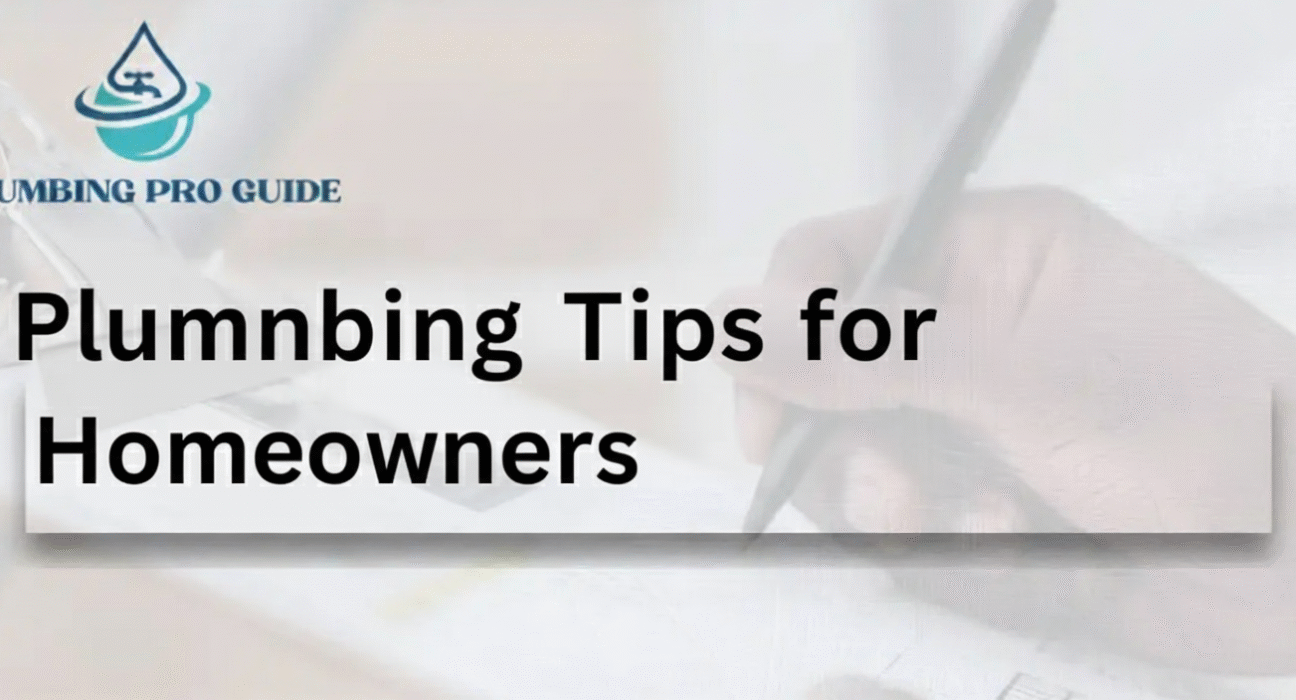Homeownership brings maintenance responsibilities that often start with the plumbing system, and learning plumbing tips for homeowners helps prevent costly surprises. Understanding simple repair methods, routine checks, and safety practices is the best way to protect your home’s pipes. These plumbing tips for new homeowners give you a clear plan for maintaining your system, managing emergencies, and knowing when to call a professional.
Why Plumbing Tips for Homeowners Matter
Plumbing problems usually begin small and become expensive when ignored. Water pressure regulation, drain clog prevention, water heater maintenance, and pipe insulation all play major roles in preventing breakdowns. Learning the basics builds confidence and saves money.
Plumbing System Basics
Plumbing systems supply clean water, remove waste, and regulate pressure. Every homeowner should know the location of the main shut-off valve, fixture shut-offs, and the water heater. Simple maintenance tasks prevent leaks, pipe bursts, and appliance damage.
Essential Plumbing Tips for Homeowners
1. Maintain Safe Water Pressure
High pressure weakens pipes, damages fixtures, and causes leaks.
Safe range: 40–60 PSI
How to check water pressure:
- Attach a pressure gauge to an outdoor spigot.
- Turn the spigot to full power.
- Read the gauge.
Fix high pressure: Install or adjust the pressure-reducing valve (PRV).
2. Prevent Drain Clogs Early
Drain clog prevention saves homeowners from backups and slow drains.
Avoid putting in drains:
- Grease
- Coffee grounds
- Hair
- Paper towels
DIY fix:
Pour ½ cup of baking soda + ½ cup vinegar, wait 10 minutes, flush with hot water.
3. Protect Your Water Heater
Water heater maintenance increases efficiency and prevents sediment buildup.
Annual tasks:
- Flush the tank
- Test the pressure relief valve
- Check the thermostat (optimal: 120°F)
- Inspect for rust or leaks
4. Insulate Vulnerable Pipes
Pipe insulation prevents freezing, sweating, and heat loss.
Where to insulate:
- Attics
- Basements
- Exterior walls
- Crawl spaces
Materials: Foam sleeves or fiberglass wraps.
5. Prepare for Plumbing Emergencies
Plumbing emergency preparedness minimizes water damage.
Create an emergency kit:
- Adjustable wrench
- Plunger
- Plumber’s tape
- Bucket
- Towels
- Flashlight
Know your main shut-off valve location.
DIY Plumbing Tips and When to Call a Professional
DIY plumbing tips for new homeowners help with simple problems. However, homeowners should know when a problem is too large to handle by themselves.
DIY Fixes
- Small clogs
- Running toilets
- Loose faucet handles
- Minor leaks at threaded connections
Call a Plumber When:
- Water pressure suddenly drops
- Leaks are behind walls
- Sewage backs up
- Hot water runs out quickly
- Pipes freeze or burst
Learn more with our basic plumbing tips for homeowners who are beginners.
Plumbing Checklist for New Homeowners
Use this quick chart to stay organized:
| Task | Frequency | Purpose |
| Check for leaks | Monthly | Prevent water damage |
| Inspect the water heater | Quarterly | Improve efficiency |
| Flush drains with hot water | Weekly | Reduce buildup |
| Test water pressure | Twice yearly | Protect pipes |
| Insulate exposed pipes | Before winter | Prevent freezing |
For a complete inspection guide, visit our annual plumbing inspection checklist.
How to Prevent Plumbing Leaks
Plumbing leaks often start at joints or aging fixtures.
Leak-prevention steps:
- Tighten loose fittings with an adjustable wrench.
- Replace worn washers inside faucets.
- Inspect under sinks monthly.
- Check supply lines on toilets and washing machines.
- Insulate cold-water pipes to prevent condensation drips.
Plumbing Safety Tips for Every Homeowner
Plumbing tips for homeowners to DIY repair safely.
- Turn off the water before repairs.
- Wear gloves and eye protection.
- Avoid chemical drain cleaners.
- Never heat pipes with open flames.
- Shut off the power before opening an electric water heater.
If you’re new to plumbing and searching for reliable plumbing tips for homeowners, you’re in the right place we’ve put together a complete resource in our plumbing pro guide.
Quick Plumbing Tips Summary
Here is a small summary of plumbing tips for homeowners. Simple reminders help you stay on top of routine maintenance:
- Water pressure: Keep it within a safe 40–60 PSI range to protect pipes.
- Drain care: Use strainers and avoid grease to prevent buildup.
- Water heater care: Flush the tank once a year to reduce sediment.
- Pipe insulation: Insulate exposed pipes before cold weather hits.
- Emergency prep: Know where your main shut-off valve is.
FAQs
What is the 135 rule in plumbing?
The 135 rule limits the total bends in a drainage pipe to maintain proper water flow.
How to maintain plumbing at home?
Inspect for leaks, clean drains, regulate pressure, and schedule an annual inspection.
When should I call a plumber vs do it myself?
Call a plumber for hidden leaks, sewage issues, pipe bursts, or water heater failures.
What is the normal pressure for plumbing?
Residential plumbing should stay between 40–60 PSI.
How do I protect plumbing from freezing?
Insulate pipes, open cabinet doors during cold weather, and let faucets drip slightly.
How do I maintain my water heater?
Flush yearly, test the relief valve, and keep the thermostat set to 120°F.


